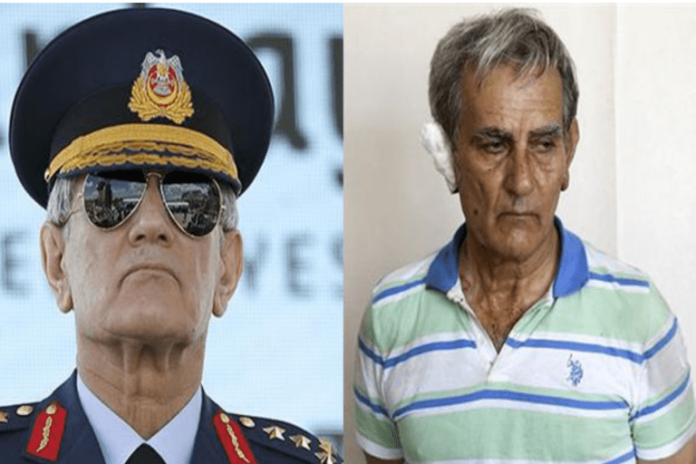A Turkish court has dismissed allegations of torture and abuse filed by former Air Force Commander Akın Öztürk, who is serving a life sentence for his alleged role in a 2016 failed coup attempt, despite significant evidence filed on his behalf.
The legal team representing Öztürk announced the court’s decision on social media, fueling ongoing debate about the state of judicial accountability and human rights in Turkey.

“Our client Akın Öztürk’s complaint regarding torture and maltreatment, supported by pages of evidence, was dismissed without investigation,” Öztürk’s lawyer said on the social media platform X. “The decision was definitively rejected by Ankara’s 6th Criminal Judgeship of Peace. We present this to the conscience of the public.”
The complaint, which included detailed documentation and evidence, was submitted to address allegations of abuse during Öztürk’s imprisonment. His lawyers have consistently maintained that Öztürk, 72, has faced excessively harsh conditions since his detention following the coup attempt.
Öztürk, once a decorated commander in Turkey’s Air Force, was accused of being a key orchestrator of the 2016 coup attempt, which left more than 250 people dead and thousands injured. Öztürk denied the allegations during his trial, but he was convicted and sentenced to life imprisonment in 2017.
Immediately after the abortive putsch, President Recep Tayyip Erdoğan pinned the blame on the faith-based Gülen movement, and the government has followed suit. The movement strongly denies any involvement in the coup attempt.
The late Turkish-Islamic scholar Fethullah Gülen, whose views inspired the movement, is cited as the prime suspect in the indictment as the instigator of the coup attempt, while former commander of the Turkish Air Forces retired Gen. Akın Öztürk is listed as the second suspect.
Öztürk came to broad public attention one day after the coup attempt, on July 16, 2016, with photos showing him and other military officers apparently having been beaten. There were evident wounds on his face and body and blood on his t-shirt he claims were the result of abuse he experienced due to his alleged involvement in the coup attempt.
The former general has said that he was subjected to acts of humiliation and violence by male and female police officers as well as soldiers, including repeated beatings, until blood came out of his ears.
Following the coup attempt, the Turkish government launched a large-scale crackdown across the country on the media, public servants, judges, prosecutors and teachers, along with alleged rebels within the army. The detentions, arrests and massive purges only increased after a state of emergency was declared on July 20, 2016, concentrating power formally in the hands of the president by allowing him and his cabinet to make laws by fiat.
In the aftermath of the abortive putsch, allegations of torture, abuse and inhumane conditions in detention centers have been a persistent concern among human rights organizations. Reports from detainees describe severe beatings, sleep deprivation, electric shock and other forms of physical and psychological abuse.
International human rights groups, including Amnesty International and Human Rights Watch, have documented numerous cases of abuse and torture. Detainees have often been denied access to legal counsel and medical treatment and many report being pressured to sign confessions under duress.















